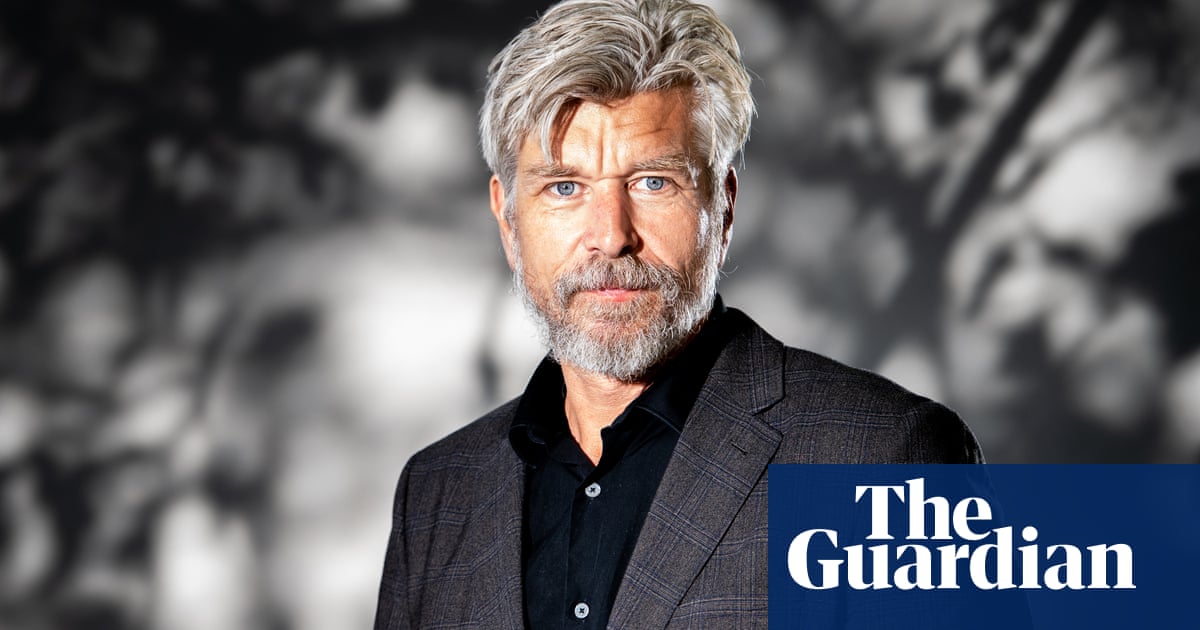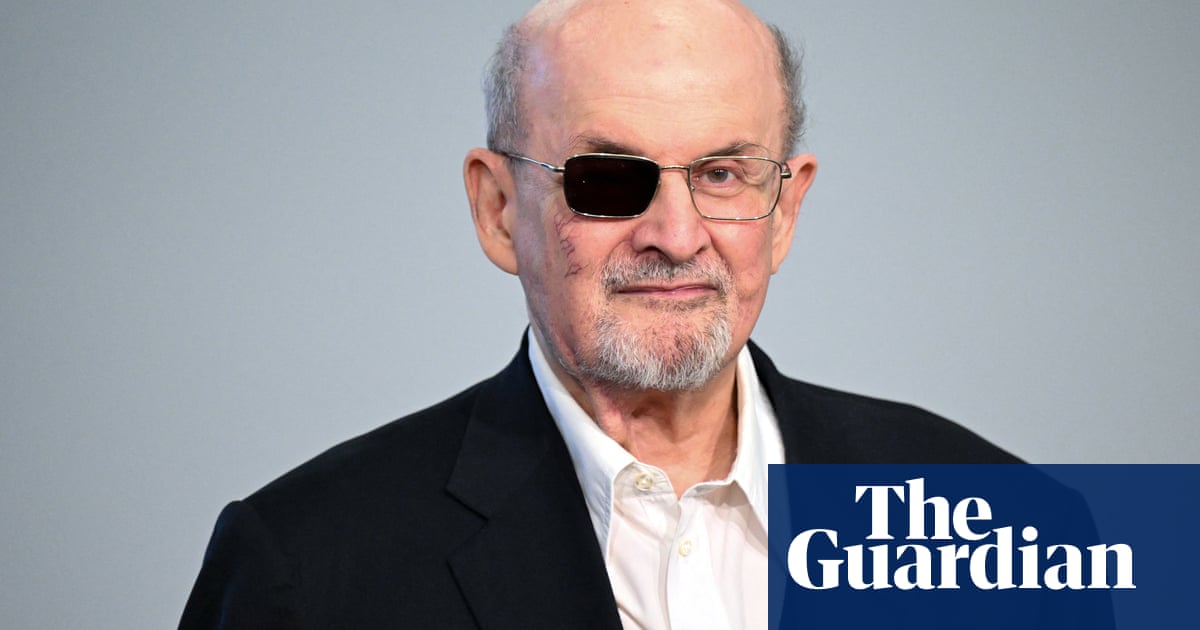
After seven works of nonfiction, produced while the literary world was busy lauding his six-volume autofiction series, My Struggle, Karl Ove Knausgaard has returned to novel-writing with the 666-page (the sign of the devil may not be accidental) The Morning Star. This time it’s not autobiography, at least not in any straightforward sense.
The book is divided into discrete chapters that are first-person accounts by nine different narrators, all of whom experience disturbances or strange happenings that coincide with the sudden appearance of a large brilliant star in the sky, which may be a supernova.
For example, Kathrine, a priest, carries out a funeral service for a man who died more than a week before but whom she recognises as the guy who had pestered her the previous day. Or there’s Solveig, a nurse who assists in an operation to remove the vital organs of a dead politician who, when the transplant surgeon begins to open him up, comes mysteriously to life.
There are other equally uncanny or inexplicable occurrences, often rendered in sequences of grippingly crafted storytelling. It’s not exactly genre writing, but certainly prose that is keenly aware of the value of suspense and surprise. If you can imagine HP Lovecraft having studied German romanticism, throw in some Emmanuel Carrère-style theological musings, some Jo Nesbø-ish gore, and set it all in the forested backdrop of Norway, then that might give something of the unusual flavour of this unclassifiable book.
But perhaps it’s the more familiar aspects of Knausgaard’s writing that are most jarring, because the novel is suffused with his motifs and preoccupations. Almost everyone seems to drink coffee and smoke cigarettes with the same dedication to filling humdrum moments as the author’s self-depiction demonstrated in My Struggle.
And regardless of whether they are male or female, old or young, highly educated or not, they all also share their creator’s distinctive ways of describing nature and his habit of lengthy digressions about incidental events. That’s not to say that Knausgaard has created nine versions of himself, for Kathrine and an embittered culture journalist called Jostein are as different as two people could be.
Yet while most of the characters come to life in their own terms, there is an unavoidable similarity in style that keeps returning the reader to the Knausgaard that we’ve come to know in intimate detail, to say nothing of the obvious overlap between some of the characters’ lives and that of the author.
The book opens with Arne, a university lecturer, whose bipolar wife is in the midst of a manic episode. She may or may not have decapitated a cat, but she’s clearly incapable of looking after her children, so Arne seeks to put her in hospital.
Knausgaard has written previously about how his ex-wife Linda Boström’s bipolarity impacted on him and his children and also of her hospitalisation. That Arne feels the same kind of resentment towards his wife that Knausgaard voiced in My Struggle is a detail that will hardly deter those seeking to draw parallels between fiction and real life. Still, why bother unpicking that little cat’s cradle when there’s a giant cosmic force bearing down on the action.
Although a poet of the mundane, Knausgaard is not much bothered by realist conventions. We never get the sense that this conspicuous stellar incursion is the hyper-event it would certainly be in the age of smartphones and social media. Instead, its presence and meaning remain unexplained, worthy of awed comments, but an existential mystery hiding in plain sight.
Of all the bizarre goings-on that accompany the star’s arrival, the most lurid is the disappearance and then ritualised murder of a devil-worshiping rock band. It’s a subplot straight out of Nordic noir, and indeed Knausgaard has said that it’s a leftover from a plan he once had to write a crime novel under a pseudonym.
On the case of the missing rockers is Jostein, a caricature of a crass, drunken hack who is entertainingly reminiscent of one of Martin Amis’s more obnoxious inventions. As he seeks to resurrect his career by breaking the story of the murders, Jostein finds himself suddenly locked in another reality, a limbo land of the dead that might be a dreamworld or the underworld.
For death is at the metaphysical heart of this strange but captivating book. The age-old question of what happens after we expire is revisited by Knausgaard with a religious vigour that seems both quaintly old-fashioned and presciently of the moment (curiously, Sally Rooney’s latest novel also explores the comforts of religion).
It’s not, however, Kathrine the priest who is the most eloquent proponent of life-after-death or, come to that, Christianity. Instead, it’s Arne’s friend Egil, who was in love with Kathrine in school (some of the characters are loosely linked, but there is no strong narrative thread other than that provided by the hovering star).
Egil disdains the limits of rationalism, a method of thought he views as oblivious to the deeper meanings of life beyond the scientific realm. The book ends with a long essay written by Egil that’s part biblical exegesis and part personal philosophy. Egil, it’s worth noting, is a big fan, like Knausgaard, of the German poet Hölderlin, and shares the same romantic yearning for something larger than empirical facts.
Ultimately, that of course is what the star signifies. There are a lot of ramblings about God, the devil and much else besides in 666 pages that some may view as diabolically long. In parts it is learned and absorbing, in others repetitive and a little dull. But that’s Knausgaard. He puts everything in and his job is to keep the reader with him. By and large, he succeeds.
He’s one of the few writers who can move effortlessly and unembarrassedly between profundity and cliche, as though trying to show us that one is no truer than the other. In The Morning Star, there’s no shortage of both, and plenty of everything else. It’s a shaggy dog story full of loose ends and narrative flaws, but it has that beguiling, elusively compulsive quality that Knausgaard seems to have made his own.












